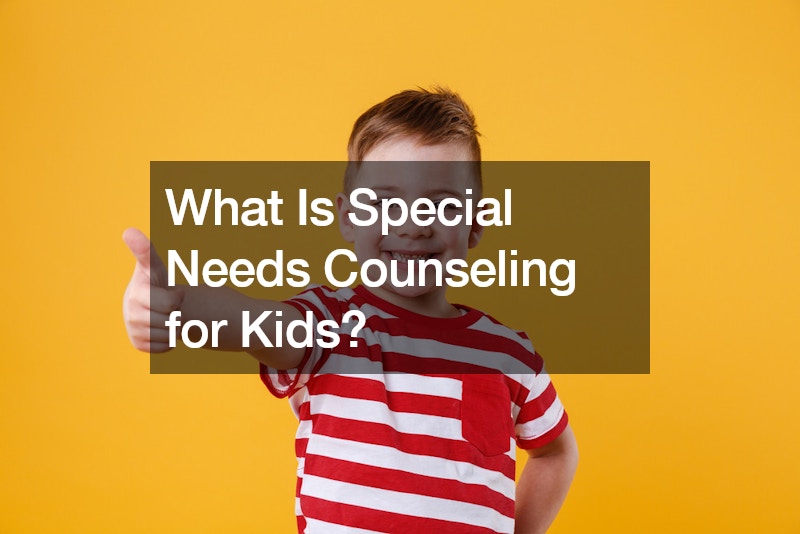What Is Special Needs Counseling for Kids?


Special needs counseling for kids is a specialized field of therapy designed to support children with various disabilities and developmental challenges. This form of counseling addresses the unique emotional, social, and behavioral needs of children who may find traditional therapeutic methods less effective. The primary goal is to help these children develop the skills they need to navigate their daily lives more effectively, improve their communication abilities, and enhance their overall emotional well-being.
Children with special needs might include those with learning disabilities, autism spectrum disorders, emotional disturbances, physical disabilities, and other developmental delays. Each of these conditions can significantly impact a child’s ability to function and interact in what are considered typical environments. Special needs counseling is tailored to meet these varied requirements by providing more personalized and accessible therapeutic interventions.
The uniqueness of special needs counseling lies in its adaptability. Therapists in this field are trained to modify traditional psychological approaches to better suit the cognitive and sensory profiles of their clients. For instance, children with autism may benefit from therapies that include behavior modification techniques and sensory integration activities, which help them manage sensory sensitivities and improve social interaction skills. On the other hand, a child with a learning disability might require strategies that focus on enhancing cognitive processing and academic skills.
Another critical aspect of special needs counseling is the involvement of family. Effective therapy often extends beyond the individual sessions with the child to include family counseling. This approach helps family members understand the child’s challenges and equips them with strategies to support the child’s development at home and in social settings. Counseling provides parents and siblings with the tools to build a more supportive and understanding environment, which is crucial for the child’s emotional and psychological growth.
Moreover, special needs counselors often collaborate with schools to ensure that the therapeutic goals are aligned with educational objectives. This partnership can involve developing individualized education plans (IEPs) that specify educational accommodations or interventions necessary for the child. Through such collaborations, therapy is not isolated but integrated into the child’s everyday life, enhancing the effectiveness of the interventions.
Special needs counseling also emphasizes building life skills and promoting independence. Therapists work with children to develop skills like decision-making, problem-solving, and self-management, which are essential for navigating adulthood. These skills can significantly improve the quality of life for these children, providing them with a sense of autonomy and confidence.
Watch the video above to learn more about special needs counseling for kids!
.
